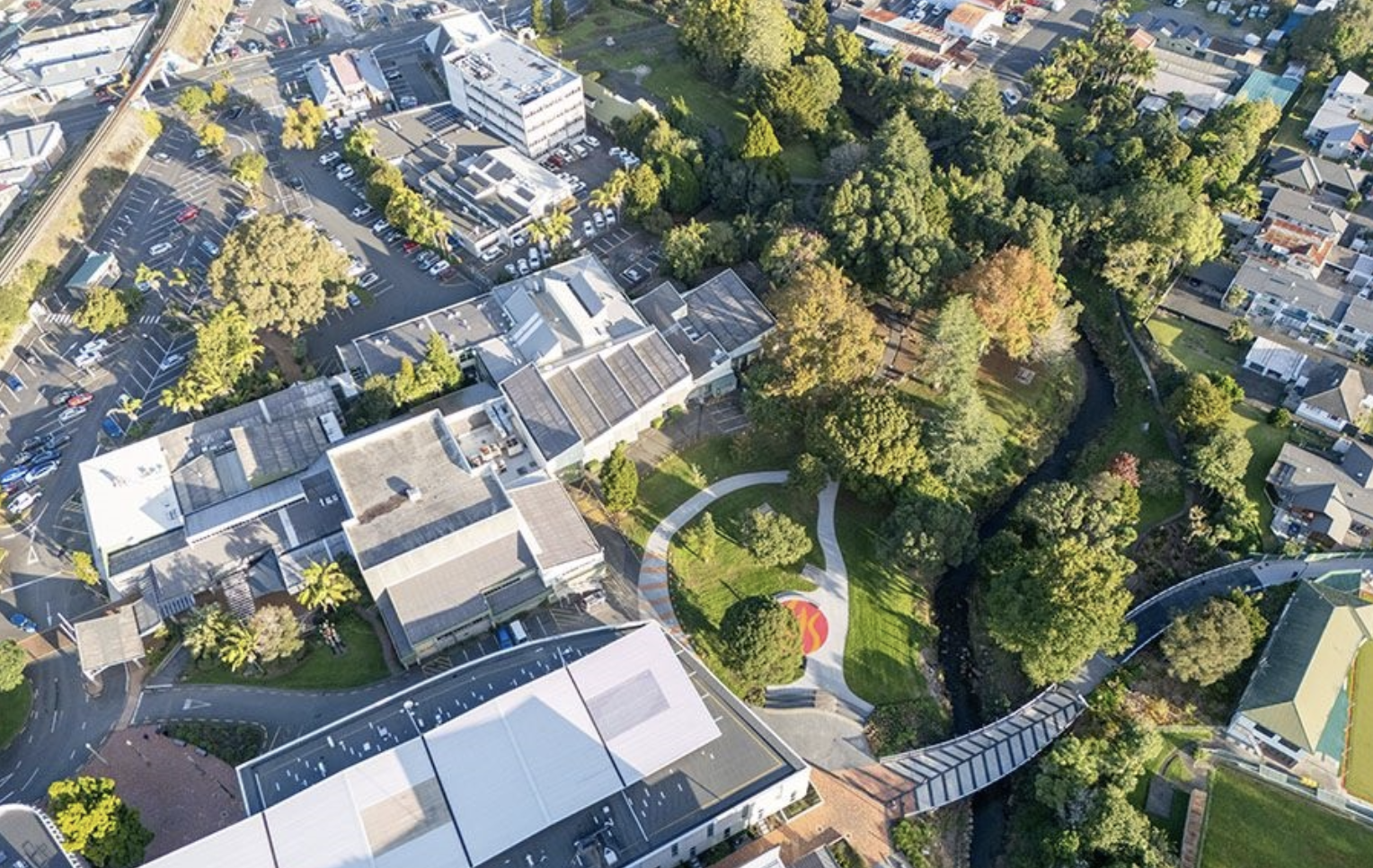
The Urban Advisory led the development of Whangārei's Knowledge Precinct Plan, establishing a clear, culturally embedded, and adaptable framework to transform the constrained 20-hectare site into an integrated hub for housing, business, and social infrastructure.
The Challenge
The Urban Advisory supported Whangārei District Council in developing a spatial plan for a 20-hectare precinct on the city’s edge, an area constrained by infrastructure and disconnected from surrounding residential zones. Despite its civic and cultural importance, the precinct lacked a cohesive vision and suffered from low activity, poor connectivity, and underutilised spaces like Forum North. TUA led spatial analysis and mapping to identify constraints and opportunities, helping the Council navigate community needs, budget pressures, and private sector interests. Engagement with hapū required culturally responsive approaches, especially around naming concerns, while limited resources continued to challenge strategic progress.
The Solution
TUA’s leadership in early planning established a clear, adaptable framework for the Knowledge Precinct, aligning stakeholders and investment priorities. Their partnership with local Māori ensured cultural values were embedded in the vision, which integrates housing, business, and social infrastructure. TUA’s technical expertise supported alignment across planning, infrastructure, and commercial domains. The plan proposes hubs for education, health, and hapū enterprise, alongside improvements in walkability and environmental resilience. TUA is now focused on a market-facing delivery strategy to attract investment and engage partners like the University of Auckland and NorthTec.
The Journey
TUA has guided the Knowledge Precinct Plan from concept to strategy, facilitating inclusive engagement and aligning long-term goals. They synthesised past planning into a cohesive framework and led stakeholder engagement, including hui to address cultural concerns and support renaming efforts. TUA coordinated discussions around Forum North’s future and helped shape a collaborative working group. Through workshops with hapū, youth, and community members, they translated feedback into actionable insights. Their ongoing role includes refining the plan through master planning, cost-benefit analysis, and business case development to ensure the precinct reflects local aspirations and delivers lasting value.

